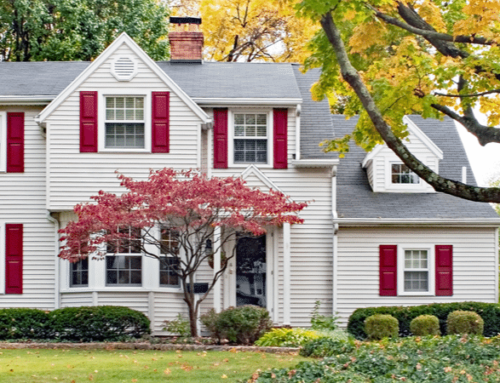Q: We are Canadian citizens who have owned a home in Ft Myers, Florida for four years. There is no mortgage on the property.
We have put the property up for sale, and have made a down payment on a new house. We have bought and sold in the past, and I understand that as long as the new house is equal or higher in value, there are no capital gains taxes owed on the profits under IRS tax code 1031.
What happens if we have to close on the new house and the existing one has not sold yet? When it does sell, will we be able to use the proceeds of the sale to pay off the new mortgage with no penalty?
A: A 1031 exchange (also known by some as a 1031 tax free exchange or Starker Exchange or 1031 tax deferred exchange) is used when a real estate investor sells a piece of investment property and purchases a replacement investment property of like kind that costs at least that much or more. The exchange must happen within a specified period of time.
Usually you have 45 days from the day you sell the original property to identify a new property to purchase and then must close on that new property within 180 days of the date in which you closed on the sale of the original property. These dates are strict and the 180 day rule in some cases can be shorter depending on the date you file your U.S. federal income tax return.
What Property Qualifies for 1031 Exchange?
You mentioned that you own a home in Florida; therefore, you must make sure the home is an investment property that qualifies for 1031 exchange purposes. If you have used the home as your U.S. residence, you will not be able to use a 1031 exchange to defer any gain on the sale of the home. If you rented the home, but your primary use of the home was your own, the home will not qualify for 1031 exchange purposes. The home must have been held for investment purposes and your personal use of the home must have been quite limited.
Primary residences, second homes and vacation homes are generally not eligible for 1031 tax deferred exchanges.
Even if your property qualifies for 1031 tax deferred exchange purposes, many real estate investors are finding that the slow real estate market has made it tough to adhere to the strict deadlines required by the 1031 exchange rules . What can you do? You can set up what people in the 1031 industry call a “reverse exchange,” in which the new property is purchased first and you later sell the existing property.
Briefly, in a reverse exchange, the company you hire to help you with the 1031 reverse exchange will be called a qualified intermediary. That qualified intermediary will buy the new property for you and hold it for you until you sell the old property. Once you have a buyer for the old property, the qualified intermediary will transfer the new property to your name. Once again there are many rules you will have to abide by and you will have additional time lines to adhere to in this process.
A qualified 1031 exchange company should be able to handle a reverse exchange and you should consult with them further on your particular property to determine whether the home even qualifies for 1031 exchange purposes. If the home qualifies and you move forward with a reverse exchange, be prepared for much higher fees and costs in completing the reverse exchange.
You should also hire a real estate attorney to make sure you’re doing it correctly and meeting all of the necessary deadlines.
October 24, 2008






Leave A Comment